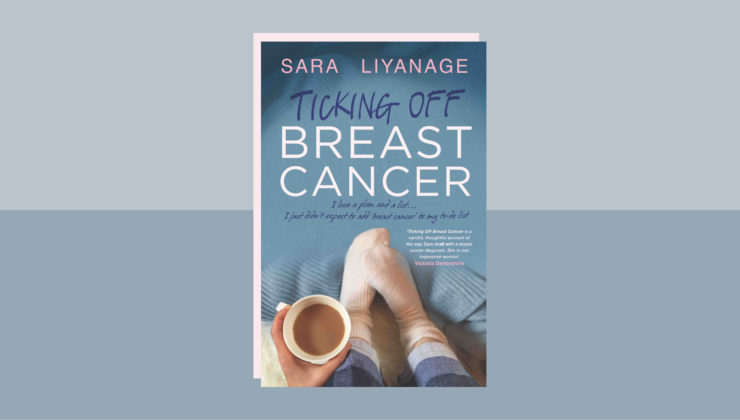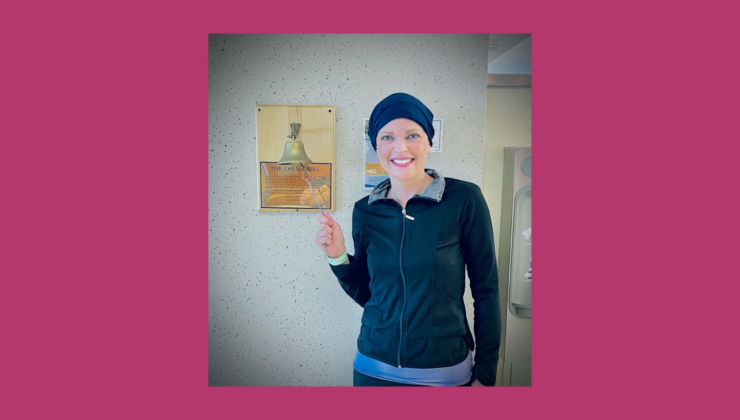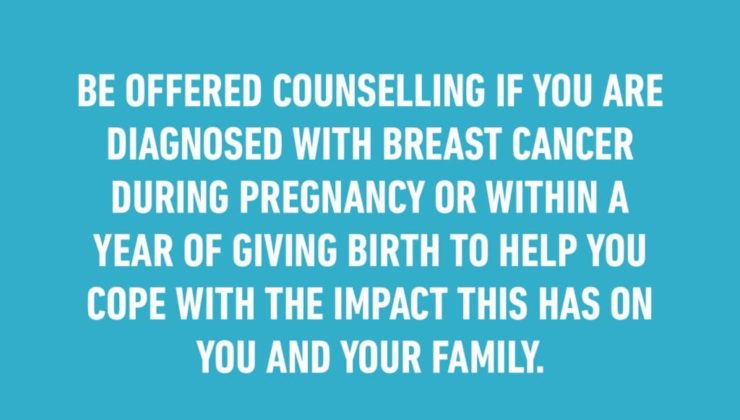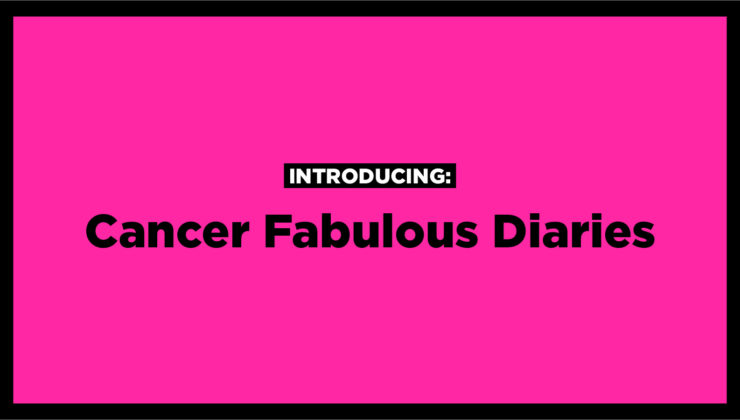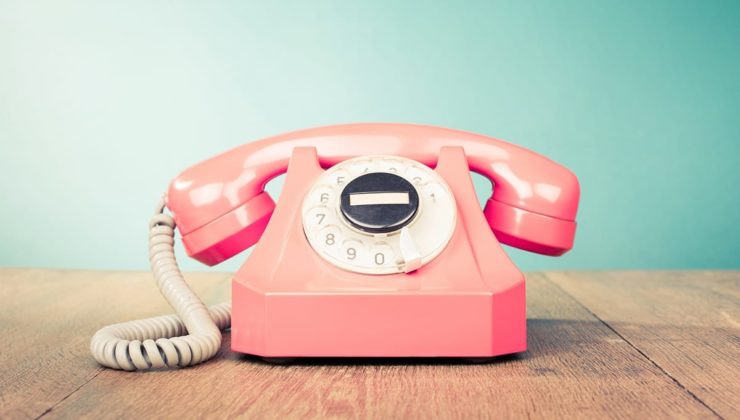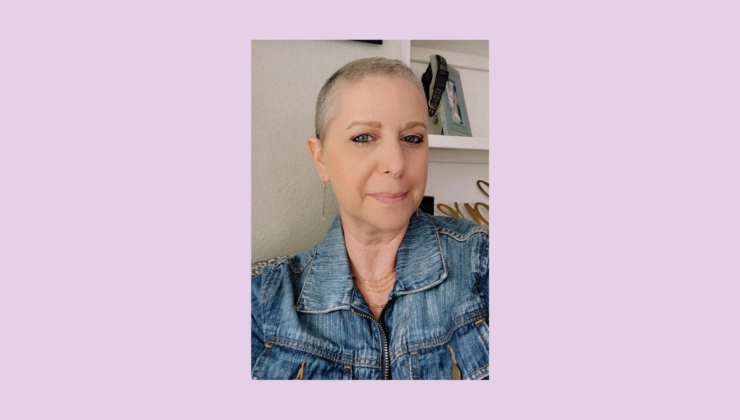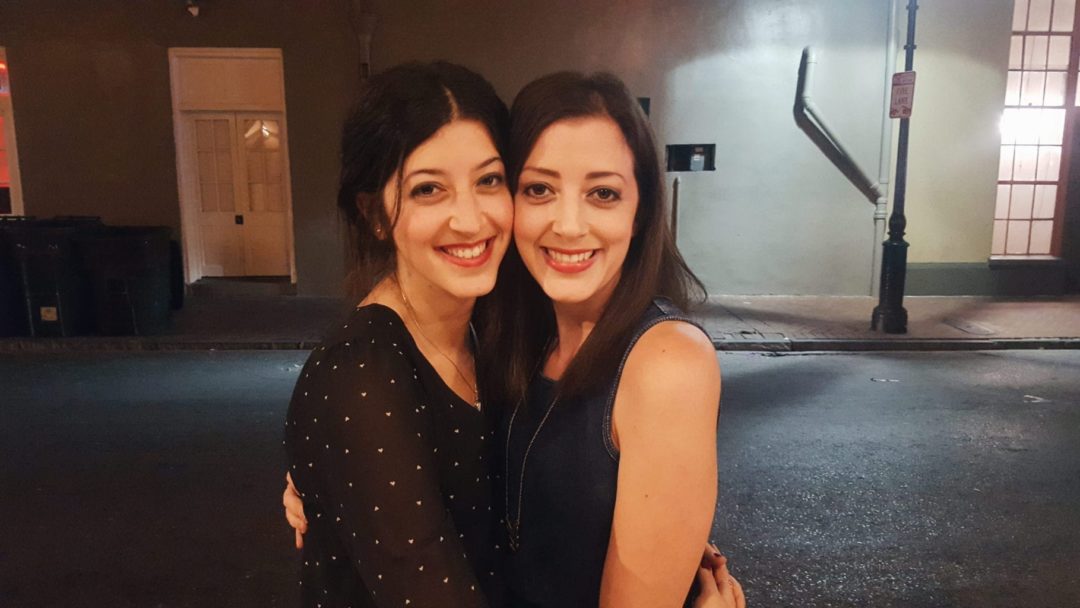
The Unexpected Path to Becoming a Better Doctor
September 2012: My first week as a medical student at the University of Toronto. I couldn’t have been more excited to be embarking on my journey towards becoming a doctor. It felt like a dream. No longer stuck in the classroom learning about chemical formulas, I was finally learning about medical illnesses and how to fix them. I was going to help people in the most significant way I could imagine.
Flash-forward two weeks later when I received a phone call from my mother while walking through the medical sciences building on my way to the anatomy lab.
She had called to tell me my sister had breast cancer.
My sister, Steph, had gone to her appointment that morning to receive the news of her biopsy of a lump she had found the week prior—and, unfortunately, that news was the news we had all feared.
I couldn’t believe the words I was hearing on the other end of the phone: “It’s ok. She’ll be okay. She might have to have chemotherapy and she might lose her hair, but she’ll be okay.”
I had heard my mom talk like this before when my dad was diagnosed with male breast cancer five years prior, and then again when diagnosed with thyroid cancer a couple years later. As a survivor of Ewing’s Sarcoma in his childhood, my dad was invincible—whatever hit him, we knew he would beat. Or at least that was the safe haven my parents had created to protect us from the reality of cancer: the fear of the unknown, the toxic side effects of the chemotherapy, the loss of dignity that comes with the change of one’s appearance, the loss of one’s identity. But I knew this time would be different. Steph and I are best friends, each other’s greatest confidante.
I knew this time around I wouldn’t be kept from the harsh reality of cancer.
I witnessed my 28-year-old sister endure a double mastectomy, 5 rounds of grueling chemotherapy and 25 rounds of radiation. I held her hand while tears streamed down her face as we shaved her head in preparation of losing her hair. As the effects of her treatment took over, I watched my once lively sister struggle to get out of bed to walk to the washroom.
And while this activity of watching her slowly deteriorate would fill most of my nights, I was still a medical student, maintaining attendance in class as I learned about the anatomy and physiology of the healthy human body and the pathology of disease and illness. I studied long hours, memorizing mnemonics to help me remember the long list of drugs used to treat disease A or illness B, spending evenings in the lab studying the coronary arteries of the heart or the structures of the brain.
As time went on, I’d sometimes get lost in the minutiae of it all, letting the stress of exams and grades cloud my vision. But the one thing that always brought me back to the reality of why I was studying and why I wanted to be a doctor was returning to see my number one patient: my sister.
Steph spent her days reading studies and crunching numbers of her survival odds; she would try and go for a walk but would get too tired at the end of her street and have to turn around; she would develop painful new side effects from her multitude of drugs; she would have a headache and wonder if the cancer had metastasized to her brain. She had all of these concerns because she wasn’t just a newly married 28-year-old anymore; she was a newly married 28-year-old with cancer.
She had a whole host of concerns that doctors didn’t have good answers for because she was a rare case (and despite what we all want to believe, doctors haven’t yet solved all of life’s medical mysteries). She endured much of the decision-making on her own with very little evidence to sway her one way or the other, turning to online message boards to see if she could find any guidance from the breast cancer community. She felt increasingly alone in her cancer experience, despite the number of doctors and nurses she saw on a regular basis.
While I am thankful that my sister is now in good health, her experience has taught me many invaluable lessons.
She taught me that a patient’s life extends beyond her visits to the hospital. When she leaves the hospital, she takes her worries, her fears and her questions with her.
She taught me that my words as a future doctor will hold more meaning and value than I could ever imagine.
She taught me that once you have cancer, you will never be the same and never to assume that someone who is years out of a cancer diagnosis is “back to normal”.
My sister taught me more than any lecture or book could ever teach and while I don’t wish her experience on anyone else, I hope that my fellow peers and colleagues will remember that their patients are people that extend far beyond their illness. I wish a million times that Steph had never had to go through this, but through her experience I’ve found the silver lining of—hopefully—becoming a better, more empathetic doctor for my future patients.
But even armed with all those lovely lessons and pearls of wisdom, I do have one demand: dear cancer, please leave my family alone, will you? I think we’ve learned quite enough from you to last a full lifetime. It’s been a slice, really… but don’t let the door hit you on the way out.

